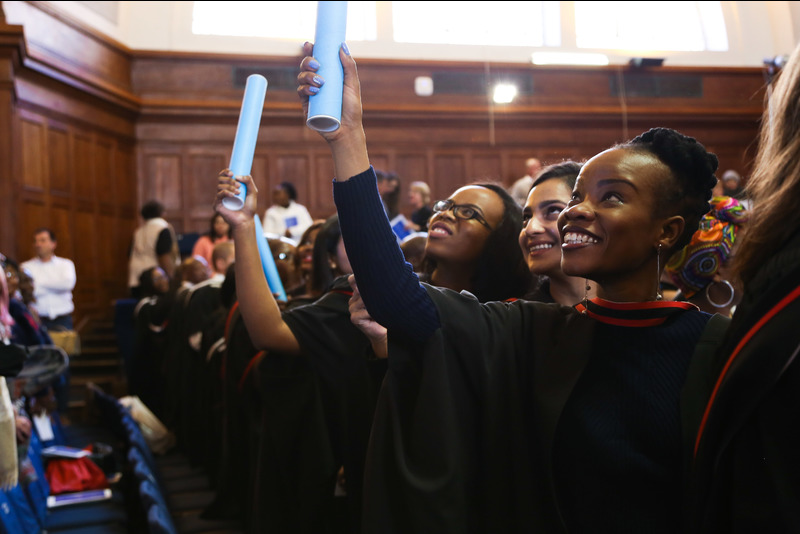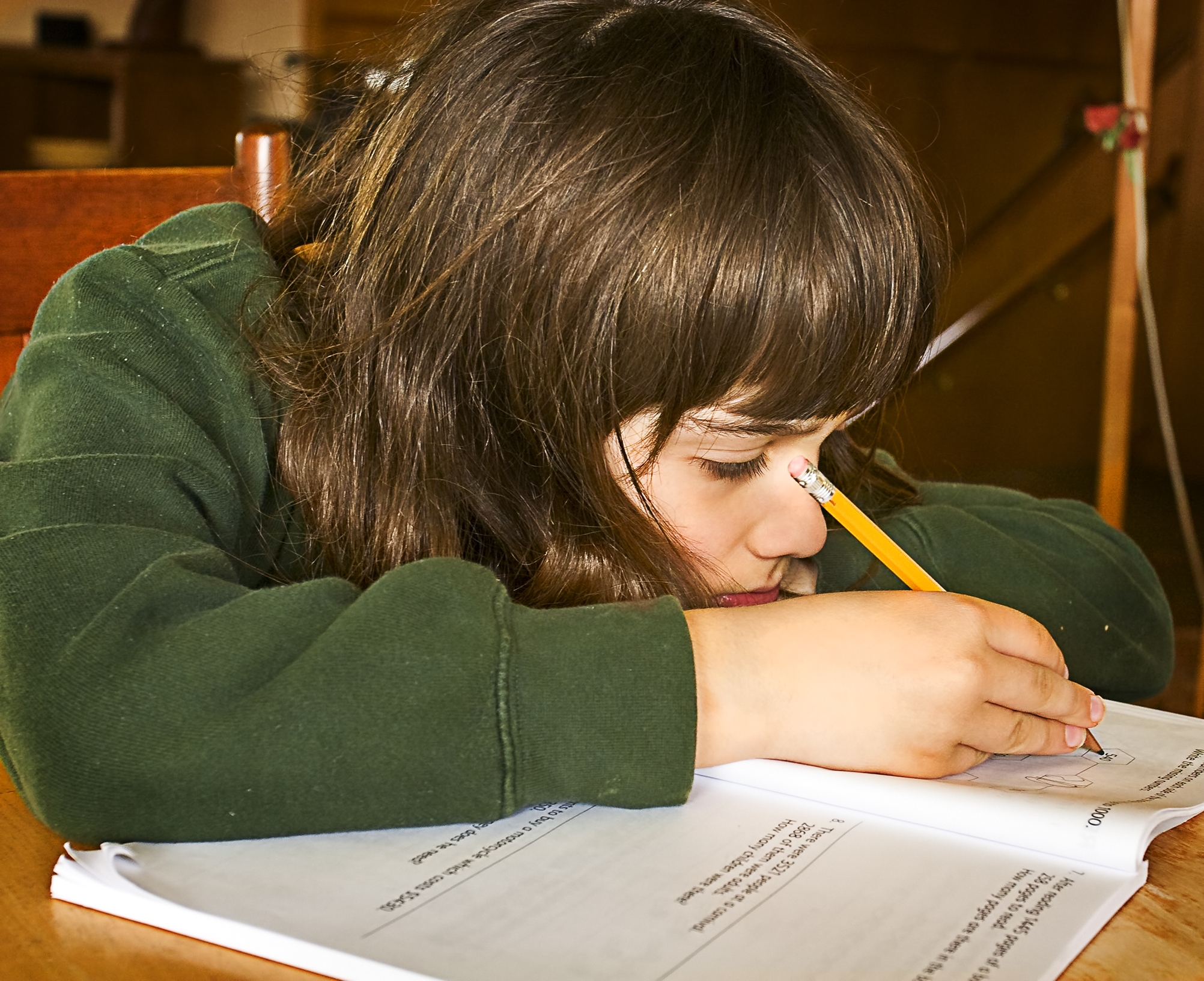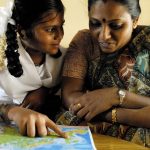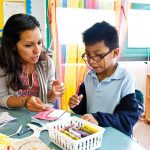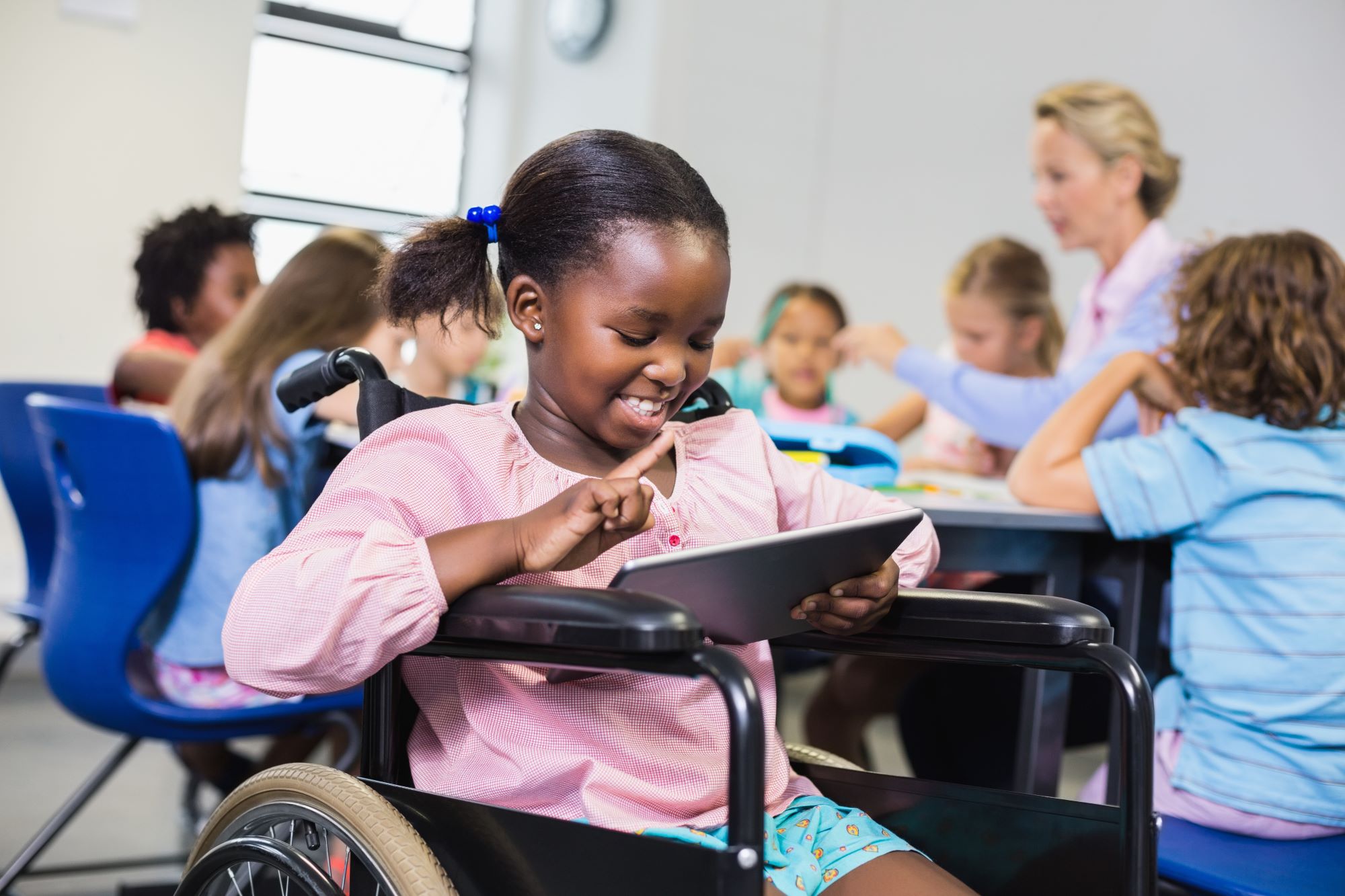Unlocking Potential: The Importance of Special Education in Nurturing Every Child’s Abilities
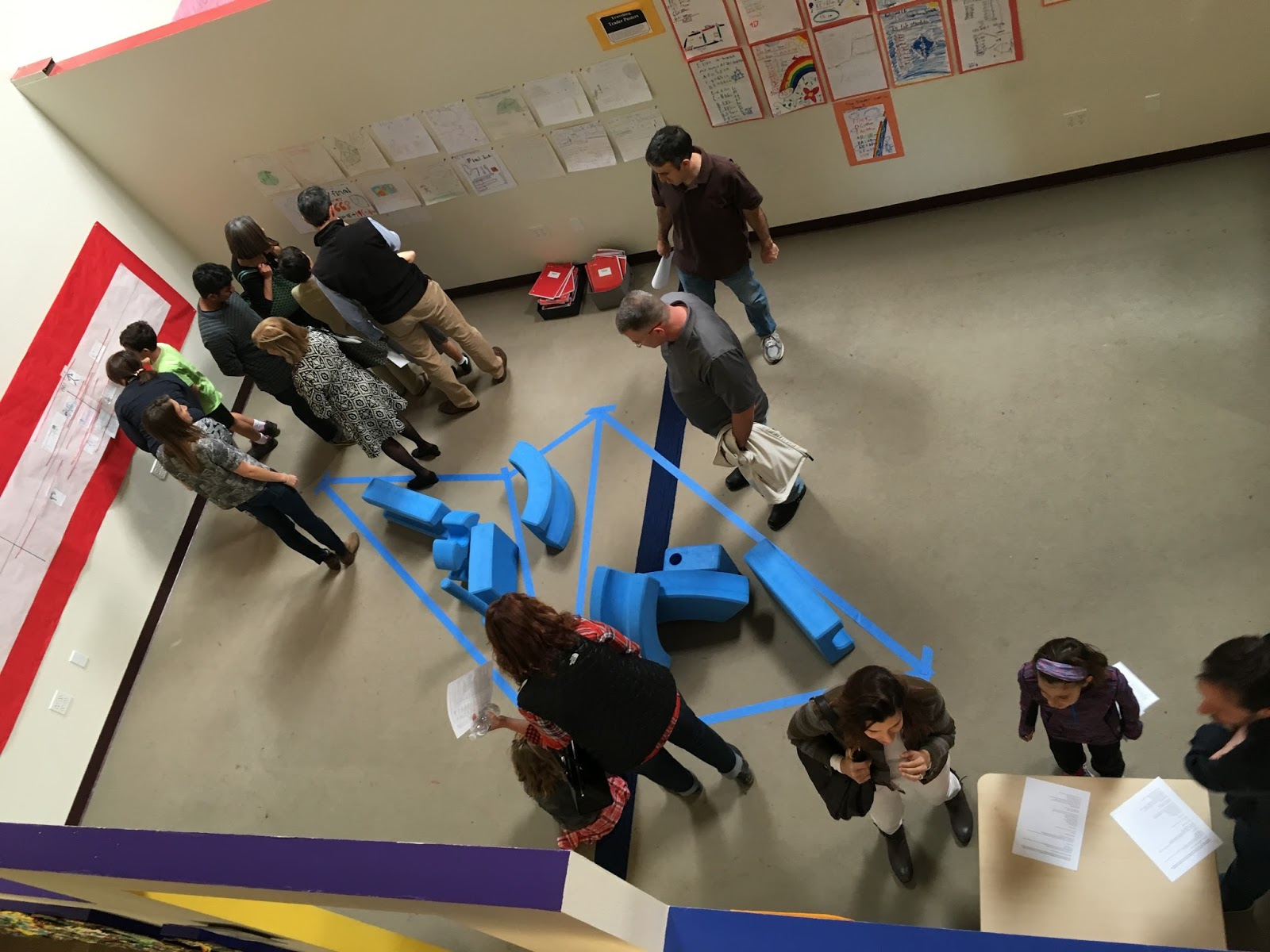
Special education plays a pivotal role in ensuring that every child, regardless of their unique abilities or challenges, has the opportunity to receive an education that meets their individual needs. This article explores the significance of special education, the principles it embodies, and the positive impact it can have on the lives of students with diverse learning requirements.
1. Inclusivity and Diversity:
- Celebrating Differences: Special education embraces diversity and recognizes the unique strengths and challenges of each student, fostering a culture of acceptance and celebration of differences.
- Inclusive Classrooms: Inclusive classrooms, where students with special needs learn alongside their peers, create an environment that reflects the real-world diversity and promotes empathy and understanding.
2. Individualized Education Plans (IEPs):
- Tailored Learning: IEPs are customized plans designed to meet the specific needs of each student. They outline goals, accommodations, and strategies to support the student’s academic and developmental progress.
- Collaborative Approach: Developing IEPs involves collaboration between educators, parents, and specialists, ensuring a comprehensive and holistic approach to the child’s education.
3. Specialized Teaching Strategies:
- Differentiated Instruction: Special education teachers employ differentiated instructional strategies to cater to various learning styles and abilities within a single classroom, ensuring that every student can access and engage with the curriculum.
- Adaptive Materials and Technology: The use of adaptive materials and assistive technologies helps students with diverse needs participate more actively in the learning process, breaking down barriers to comprehension and communication.
4. Emotional and Social Support:
- Building Self-Esteem: Special education places a strong emphasis on building the self-esteem and confidence of students, providing them with the tools and support to navigate social interactions and relationships.
- Social Skills Development: Social skills training is integrated into special education programs, helping students develop the interpersonal skills necessary for successful communication and collaboration.
5. Collaborative and Multi-disciplinary Approach:
- Team Collaboration: Special education involves collaboration among various professionals, including teachers, speech therapists, occupational therapists, and psychologists, to address the diverse needs of students comprehensively.
- Holistic Assessment: A multi-disciplinary approach allows for a more holistic assessment of a student’s abilities, identifying strengths and areas for growth across different domains.
6. Transition Planning:
- Life Skills Development: Special education programs often include transition planning to prepare students for life beyond the classroom. This includes developing essential life skills such as independent living, vocational training, and community integration.
- Smooth Transition to Adulthood: The focus on transition planning aims to ensure that students with special needs can transition smoothly into adulthood, equipped with the skills and confidence to pursue further education or employment.
Conclusion:
Special education is a cornerstone of an inclusive and equitable education system. By recognizing and addressing the diverse needs of every child, special education not only enhances academic outcomes but also contributes significantly to the personal and social development of students. It is a powerful testament to the belief that every child, regardless of their abilities or challenges, has the right to reach their full potential and contribute meaningfully to society.

